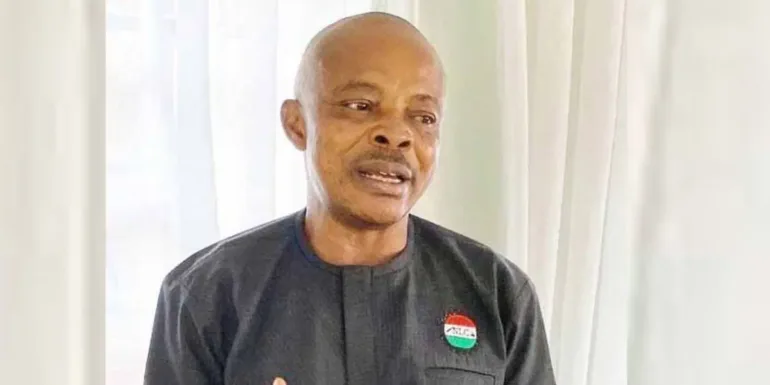The President of the Nigeria Labour Congress (NLC), Joe Ajaero, has criticized the Minister of Power, Adebayo Adelabu, over the electricity band system and the proposed migration plans.
Ajaero questioned the fairness of categorizing electricity users into different bands, arguing that the practice is discriminatory. He particularly condemned the service-based tariff that places customers in varying bands based on the service quality provided by distribution companies, calling it the “highest form of 419”—a term widely used in Nigeria to refer to fraudulent activities.
During a budget defense session at the National Assembly earlier this week, Minister Adelabu stated that 90 percent of customers in Band A have confirmed they are receiving adequate service and announced plans to migrate more users into Band A to ensure longer hours of electricity supply.
However, Ajaero, speaking as a guest on Channels Television’s Politics Today on Thursday, expressed strong opposition to the idea of migrating customers between bands.
“The notion of migrating from Band B to Band A is the highest level of fraud one can imagine,” Ajaero said. “Who decides who belongs in Band A or Band B? Is it based on geography or the whims of the electricity provider?”
He further questioned the rationale behind the band system, especially when many countries are striving to achieve 24-hour power supply. “In nations aiming for 24-hour power, why would we be discussing Band A or Band B? The concept is designed to make money unnecessarily under the guise of migration,” he argued.
Ajaero also raised concerns about the criteria for determining which customers are placed in Band A versus Band B. “Why discriminate? What qualifies someone for Band A while others are placed in Band B? These are the fundamental issues,” he added.
The electricity bands are as follows: Band A customers receive power for a minimum of 20 hours per day, Band B for at least 16 hours, Band C for 12 hours, Band D for 8 hours, and Band E for just 4 hours.
In addition, Ajaero criticized the Federal Government’s provisions for power distribution companies—privately owned entities—in the 2025 budget. He argued that the government should not fund these companies but instead ensure they use the revenue they generate to improve service and infrastructure.


